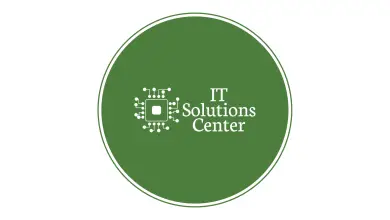To prevent SQL login credentials from being exposed if your program is decompiled, you can follow these best practices:
-
Use Secure Storage: Store your SQL login credentials in a secure manner. Avoid hardcoding them directly into your source code. Instead, use a secure storage solution such as environment variables, encrypted files, or a secure vault service.
-
Encryption: Encrypt sensitive data, including your SQL login credentials, before storing them. Use strong encryption algorithms and keep your encryption keys secure.
-
Obfuscation: Use code obfuscation techniques to make it harder for someone to understand your code if it is decompiled. This can make it more challenging for attackers to extract sensitive information.
-
Access Controls: Implement strict access controls to limit who can access your SQL login credentials. Ensure that only authorized users and systems have access to sensitive information.
-
Database Security: Ensure that your database is configured securely, with strong authentication mechanisms and access controls in place. Regularly update your database software to patch any security vulnerabilities.
-
Secure Connections: Use secure connections (such as HTTPS or SSL/TLS) when transmitting sensitive information, including SQL login credentials, over the network.
-
Monitor and Audit: Regularly monitor and audit access to your database and sensitive information. Detecting unusual or unauthorized access can help you respond quickly to potential security threats.
By following these best practices, you can help protect your SQL login credentials and other sensitive information from being exposed if your program is decompiled.
المزيد من المعلومات

بالتأكيد، هنا بعض المعلومات الإضافية التي قد تساعدك في تأمين نظام الدخول لقاعدة البيانات الخاصة بلعبتك:
-
Authentication Mechanisms: Use strong authentication mechanisms for your login system, such as multi-factor authentication (MFA) or OAuth. This adds an extra layer of security to your system.
-
SQL Injection Prevention: Protect your application from SQL injection attacks by using parameterized queries or prepared statements. This helps prevent attackers from injecting malicious SQL code into your queries and gaining unauthorized access to your database.
-
Error Handling: Implement proper error handling in your code to avoid exposing sensitive information in error messages. Provide generic error messages to users and log detailed error information securely.
-
Regular Security Audits: Conduct regular security audits and penetration testing to identify and address potential security vulnerabilities in your application.
-
Keep Software Updated: Keep your application, database, and server software updated with the latest security patches to protect against known vulnerabilities.
-
User Education: Educate your users about the importance of strong passwords and the risks of sharing their login credentials. Encourage them to use unique, complex passwords and to enable MFA if available.
-
Backup and Recovery: Implement regular backups of your database and ensure you have a secure recovery plan in place in case of data loss or security breach.
-
Limit Database Privileges: Limit the privileges of your database users to only what is necessary for their role. Avoid using overly permissive database accounts for your application.
-
Secure Development Practices: Follow secure development practices, such as code reviews, security testing, and using security tools to scan your code for vulnerabilities.
By implementing these additional measures, you can further enhance the security of your login system and protect your SQL login credentials from being exposed.

